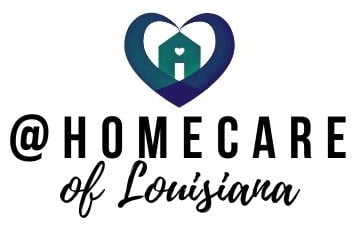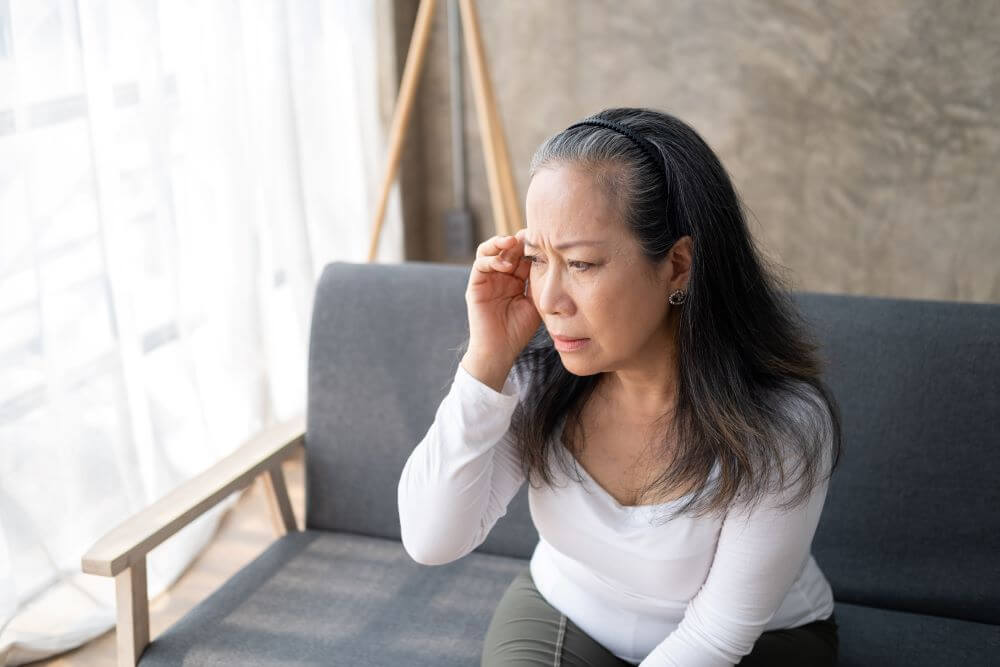The average person is not trained in school to deal with the effects of natural aging. The education system doesn’t teach us how to properly handle an elderly loved one suddenly facing harsh changes to their reality, such as the inability to perform activities of daily living, memory loss, incontinence, and immobility. Often, as the children of seniors, we are thrust into this role, scared and unsure of what to do.
One of the most frightening realities we face is the unfortunate event an elderly loved one suffers from Alzheimer’s, dementia, or some form of memory loss. But how do you know the signs, especially when they are unclear? You may ask yourself questions like, “Does my elderly loved one need home care or a secured memory care community, or can they live on their own at all?” The article below details things you should look for if you are concerned your parent or elderly loved one suffers from the early stages of memory loss.
Problems With Language
Various factors can cause memory loss, which is why it can be hard to identify in an older adult. Alzheimer’s or dementia, it all can be so confusing. One common factor among most forms of memory loss is primary progressive aphasia (PPA), affecting the ability to find the right word. You may find that your elderly loved one even starts substituting words instead of using the correct word. For example, they may say “the thing you cook with” instead of “pot.” For those suffering from a more progressive form of memory loss, they might jumble words together or put them in the wrong order.
Disorientation
Are there times your elderly loved one doesn’t know where they are, if they paid a recent bill, where they put the car keys, or even the day of the week? Signs of disorientation can be subtle and unnoticeable to family members at first. Seniors even have a covert way of hiding their disorientation, hoping it is temporary and not wanting others to know. If you notice your elderly loved one acting a bit abnormal, easily forgetting things they usually wouldn't, this could be a sign of age-associated memory impairment. It's also important to note that disorientation can lead to dangerous falls, ultimately leading your elderly loved one to the emergency room.
Uncharacteristic Changes in Mood
Is your elderly loved one acting moodier than usual? If so, this could be a sign of early memory impairment and something you must pay close attention to. Drastic and unprecedented mood swings are common among individuals with Alzheimer’s and dementia. In fact, it’s not uncommon for seniors with memory loss to have violent and unpredictable outbursts. Angry signs include throwing things, yelling, using foul language, combativeness, and even physical attacks.
Forgetting Familiar Faces and Past Events
Perhaps the saddest reality for those suffering from memory loss is forgetting friends, family members, and past events. Suppose your elderly loved one has difficulty remembering important life events and milestones or retrieving a familiar face's name. In that case, it may be a sign they are in the early stages of Alzheimer’s or dementia. Seniors are often on several medications, which can also affect memory. Therefore, it’s important to note that you shouldn’t place the “memory loss” label on them too soon until you're absolutely sure there are clear signs of forgetfulness.
Conclusion
It’s crucial to remember that seniors suffering from early memory loss often feel embarrassed, thus disguising their condition and making it hard to detect. If you suspect your senior parent or loved one has early stages of Alzheimer’s or dementia, approach them with care, compassion, and love. There is a good chance you might be faced with combativeness and denial. We also suggest discussing with other family members before bringing up the matter with your elderly loved one.
At Home Care of Louisiana is a locally owned and operated home care agency in Baton Rouge, Louisiana. We help seniors with personal care, companion care, and all forms of memory loss. Please contact us if you live in the greater Baton Rouge area and would like a free home care assessment of your elderly loved one’s situation.





